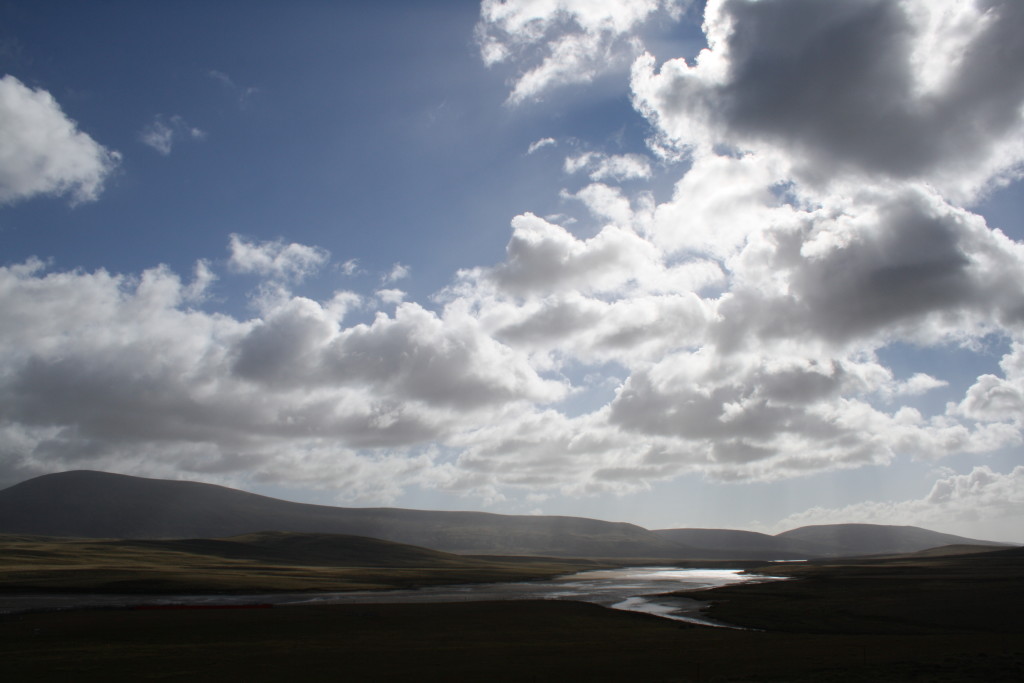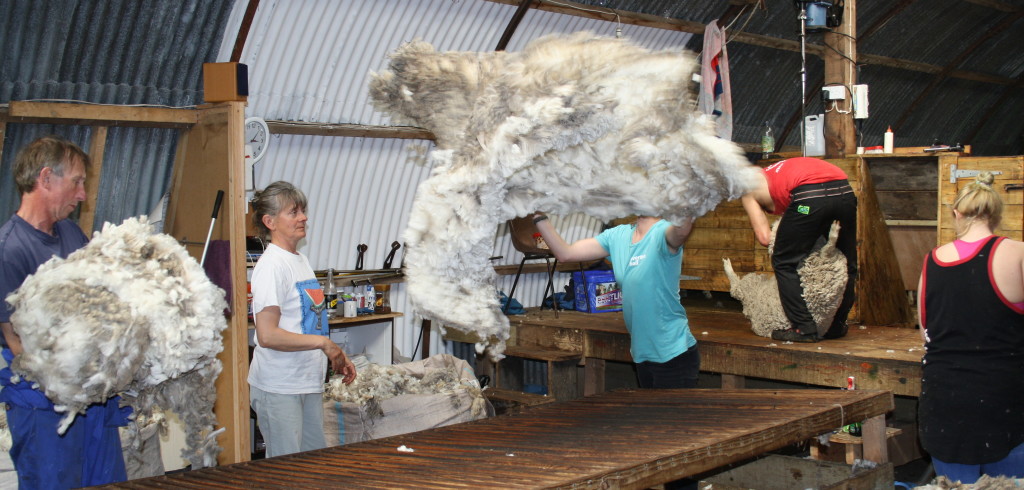
View of the North Onslow dyke realignment and tidal wetland restoration project site, first big tide after dyke breach, Nov 8, 2021.
As in October, I have been too busy to blog this month but plenty has been happening. Gillian Kerr started working for ResNet L1 part time as a research associate to help with data stewardship and knowledge exchange. ResNet HQP Emily Wells and partner CMM’s Kara Pictou did a pilot interview for their shared work on Traditional Knowledge and climate change and the interviews are coming next. We had the first committee meeting for Keahna Margeson’s OGEN IDPhD about coastal adaptation, which includes an interdisciplinary team across SRES, Information Management, Planning, Kings, and the National Research Council. I made it up to see the Truro Onslow dyke realignment and tidal wetland restoration project (the one covered in this OECD report and this paper) during the last set of ‘high’ high tides, after the dyke was finally breached. The above photo was taken then, around 4:30 pm, and the bird life in the flooded former dykeland was cacophonous! A good sign for the biodiversity benefits of this ambitious project as well as the climate resilience benefits.
Former postdoc, HM Tuihedur Rahman, who led the paper linked above about the Truro case study, also led another recent paper in Climate Risk Management that features among the three other authors two of my lab alumni, former postdoc Wesley Tourangeau and PhD alum Bernard Soubry. Great to see such synthesis work emerging from trainees working directly together: A framework for using autonomous adaptation as a leverage point in sustainable climate adaptation.
Finally, I had fun participating in the book launch for the recent volume co-edited by Susana Batel and David Rudolph, A critical approach to the social acceptance of renewable energy infrastructures, published this year by Palgrave McMillin and available free online. Frequent collaborator John Parkins and I wrote a chapter in that volume with MES alum Ellen Chappell about the value of quantitative methods in critical social acceptance work on energy. The event was fascinating, and to my surprise the critical perspective of some presenters about renewable energy was in tension with the fast transition discourse coming from COP26.






